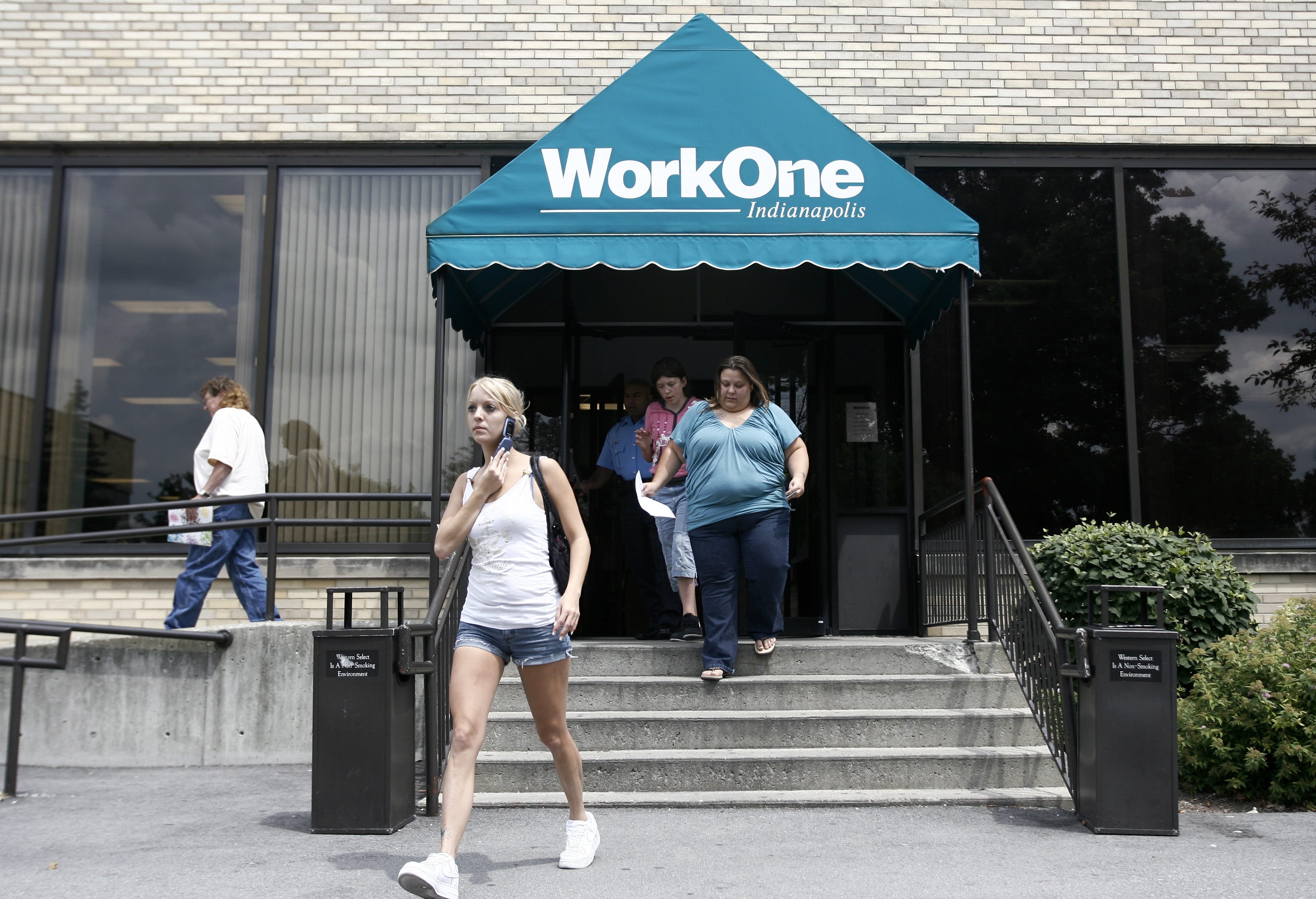History Teacher Jobs

The field of education, particularly in the realm of history, offers a plethora of opportunities for individuals passionate about imparting knowledge and shaping young minds. History teacher jobs are not only fulfilling but also play a crucial role in fostering a deep understanding of the past among students, equipping them with the skills to analyze the present and predict the future. This article delves into the world of history teaching, exploring its various facets, requirements, and the impact these educators have on society.
Introduction to History Teaching
Teaching history is a multifaceted profession that requires a profound understanding of historical events, the ability to communicate complex concepts in an engaging manner, and the skill to inspire curiosity and critical thinking among students. History teachers are not merely purveyors of historical facts; they are mentors who help students navigate the complexities of the past, understand the evolution of societies, and appreciate the diversity of human experiences.
Educational Requirements
To become a history teacher, one typically needs to fulfill certain educational requirements, which can vary depending on the country, state, or educational institution. Generally, a bachelor’s degree in history or a related field such as education, social sciences, or humanities is considered the minimum qualification. Many history teachers also pursue advanced degrees, such as master’s or doctoral degrees, to enhance their knowledge and teaching credentials.
Teaching Styles and Methods
Effective history teachers employ a variety of teaching styles and methods to engage their students and make history come alive. This can include:
- Lecture Discussions: Combining lectures with discussions allows for a comprehensive understanding of historical topics and encourages student participation.
- Project-Based Learning: Assigning projects that require students to delve into specific historical periods or events can foster deep learning and critical thinking.
- Role-Playing and Simulations: These interactive methods can help students experience historical events firsthand, promoting empathy and understanding.
- Technology Integration: Utilizing digital tools and resources can make history more accessible and engaging, especially for younger generations.
Challenges and Rewards
Teaching history comes with its set of challenges, including making complex historical concepts accessible to students, managing diverse perspectives and opinions, and ensuring that the curriculum remains relevant and engaging. However, the rewards are immense. History teachers have the opportunity to inspire a love of learning, to influence how students perceive the world, and to equip them with the analytical and critical thinking skills necessary for success in all areas of life.
Career Path and Development
The career path of a history teacher can be quite varied, with opportunities ranging from teaching in primary and secondary schools to lecturing at the university level. History teachers can also transition into related roles such as museum curators, historical preservationists, or policy advisors, leveraging their knowledge and skills in different contexts. Continuous professional development is key, with many history teachers pursuing further education, attending workshops, and participating in educational conferences to stay updated on teaching methodologies and historical research.
The Impact of History Teachers
History teachers play a pivotal role in society, extending far beyond the classroom. By educating students about the past, they help shape informed and engaged citizens who can contribute positively to their communities. History teachers foster critical thinking, promote cultural understanding, and encourage students to question and seek answers, skills that are invaluable in navigating the complexities of the modern world.
FAQ Section
What skills are required to be an effective history teacher?
+An effective history teacher needs to have a deep knowledge of history, excellent communication skills, the ability to engage students, and the capacity to adapt teaching methods to meet the diverse needs of learners.
How can history teachers make their subject more appealing to students?
+History teachers can make their subject more appealing by using interactive teaching methods, incorporating technology, focusing on the human stories behind historical events, and drawing connections between the past and the present.
What are the career prospects for history teachers beyond teaching?
+Beyond teaching, history teachers can explore careers in museums, historical preservation, writing, policy-making, and more, leveraging their historical knowledge and analytical skills in a variety of professional contexts.
Conclusion
History teacher jobs offer a rewarding career path for those passionate about history and education. By imparting knowledge, inspiring curiosity, and fostering critical thinking, history teachers contribute significantly to the development of well-rounded, informed individuals who are capable of making a positive impact in the world. As educators, history teachers face the rewarding challenge of making the past relevant and accessible, ensuring that future generations remain connected to their heritage while embracing the complexities of the modern world.


